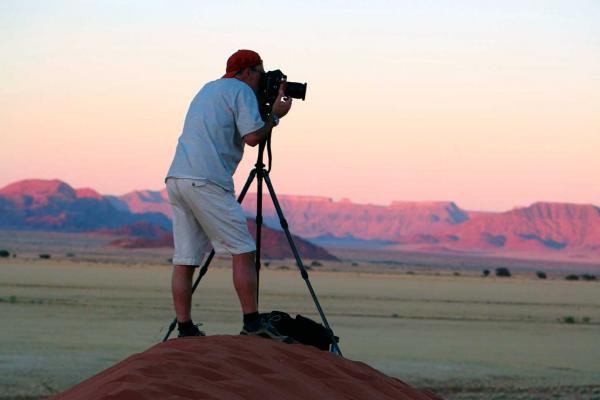Ah, the overseas clinic visit. The reality of living somewhere for an extended amount of time is that there is a good chance a visit to the doctor will be necessary at some point. A recent clinic visit with my roommate left us both amused and bewildered at the experience.The three-hour visit included six stops, five different waiting rooms and three separate visits to the cashier to make payments.
If you ever find yourself in a clinic while living overseas, you might encounter the following situations (taken from actual events):
At the registration desk, you notice that your name is spelled incorrectly on the ID card you’ve been issued and that “Na” is listed as one of your names because you wrote “N/A” in the “other names” section of the form. Wait for the clerk to fix it while laughing at you.
Realize that you didn’t get a copy of the invoice, which you need to file your insurance claim. Inform the registration clerk and cashier, only to be told that the printer was broken and that a reprint can’t be done without actually issuing you a new invoice and making you pay again. You argue, but in the end accept defeat and hope the insurance company accepts the less detailed receipt. After eventually completing registration, move on to the nurse.
Upon entering the office, glimpse the scale in the room and begin to have flashbacks of all the starchy, deep-fried everything you’ve been consumed over the past three months. Panic sets in—unless, of course, today’s clinic visit was brought on by digestive parasites, in which case, weight gain is not a possibility.
In the waiting room before seeing the doctor, the power goes out. Power comes back. Power goes out again.
Nurse calls a name that vaguely resembles yours; you remember the misspelling upon registration and determine that you’re up.
Despite the fact that you requested and were assured you could have a female doctor, a male doctor sits before you. The doctor proceeds to ask you a few of questions and then writes a prescription, without an examination. You ask what the prescription is and what it’s supposed to treat and feel perplexed at the answer because you are absolutely confident that this is not your ailment. You determine that the consult was about as long and in-depth as a speed date, but thank the doctor for his time and make your exit.
If there are any lessons to be taken from this visit, they would be:
- Double check that all of your personal information is correct.
- Bring cash because you will likely have to pay upfront.
- Clarify with insurance ahead of time what documents they need to reimburse you.
- Ask questions—not all doctors explain everything.
- Perhaps most importantly, bring a friend. Being sick or injured is not fun, being sick or injured and running around a hospital or clinic alone is even less so. A local friend will know how the process works and can help you through the steps.




